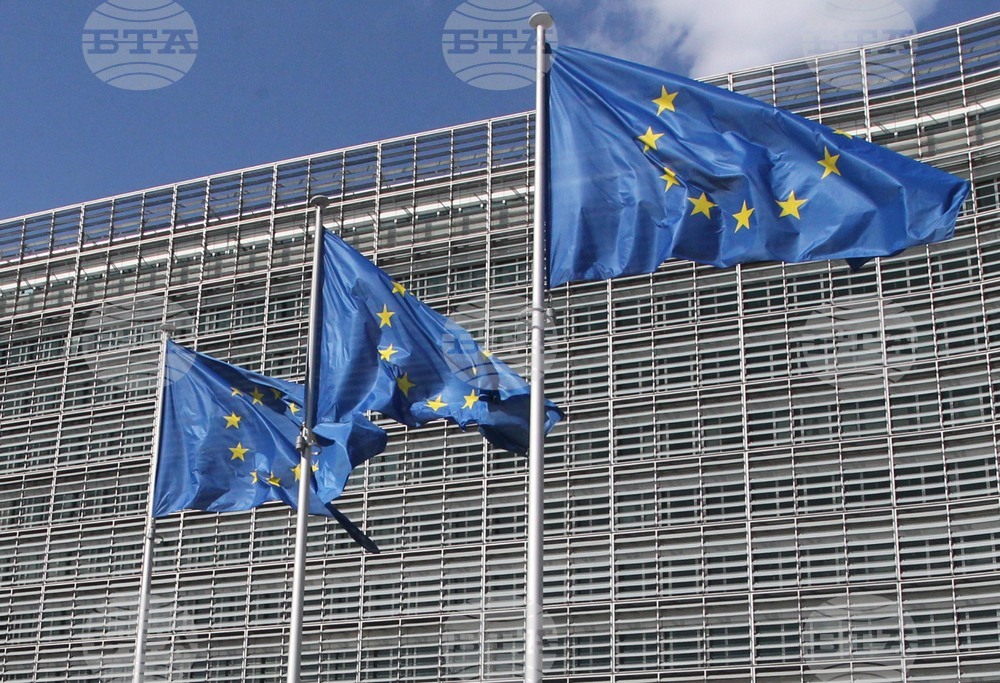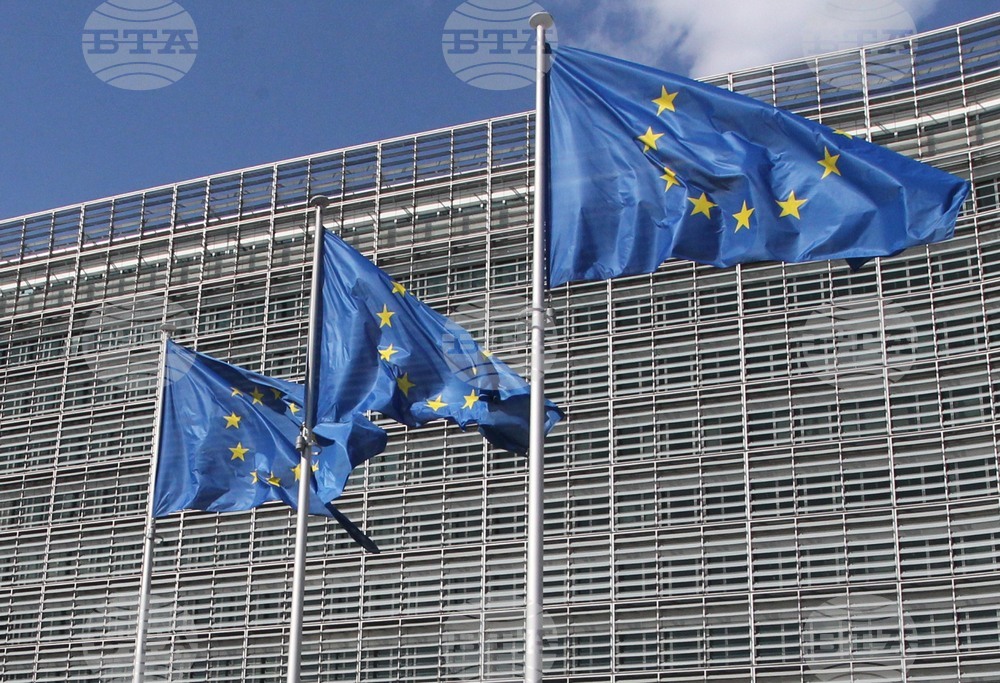site.btaEuropean Commission Presents Annual Rule of Law Report


The European Commission Wednesday presented its annual report on the rule of law situation in the EU, which includes assessments and recommendations for each Member State.
The Commission notes that a comprehensive constitutional reform was adopted in Bulgaria last year to improve judicial independence and address long-standing concerns. Rules for law-making have been improved, but there are problems with implementation, and concerns regarding the quality of the legislative process continue, the report says. The document also notes that the revisions to the Constitution have limited the powers of the President in the procedure of appointing a caretaker government and improved access to constitutional justice.
The level of perceived judicial independence in Bulgaria, Croatia, and Poland remains very low (below 30%). The report notes that Bulgaria has started the process of revising its existing anti-corruption strategy and has divided its Commission for Counteracting Corruption and Illegal Assets Forfeiture into two separate bodies. In Bulgaria and Malta, a robust track record in the investigation and prosecution of high-level corruption cases, with dissuasive sanctions and final judgments, remains to be established, the Commission wrote.
The report further notes that a working group has been established in Bulgaria to draft a code of conduct for top executive functions, given the serious gaps identified. Continued concerns about the independence or impartiality of regulators exist in Bulgaria, Hungary, Slovenia, Croatia, and Poland. Previously highlighted challenges regarding transparency of media ownership persist in this country, Czechia, France, the Netherlands, and Cyprus, the document reads.
Bulgaria, Austria, and Slovenia have taken positive steps to improve transparency in the allocation of state advertising in the media. Reform discussions about strengthening the independence of national public service broadcasters are ongoing or in preparation in this country, Austria, Cyprus, Estonia, Finland, Denmark, the Netherlands, and Poland.
Bulgaria, Estonia, Luxembourg, Austria, and Finland have taken positive steps to improve access to information held by public authorities. Delays in the appointments of heads of independent authorities have continued in Bulgaria and Austria, the report notes.
According to the Commission, concerning the recommendations in the 2023 Rule of Law Report, Bulgaria has (made):
- some further progress on taking steps to adapt the relevant legislative framework to avoid long-term secondment of judges to fill in vacant positions;
- some progress on advancing with the preparation of legislative amendments aiming at improving the functioning of the Inspectorate to the Supreme Judicial Council and avoiding the risk of political influence;
- fully implemented the recommendation to step up efforts to adapt the composition of the Supreme Judicial Council, taking into account European standards;
- no progress yet on ensuring an improved effectiveness of investigations and a robust track record of prosecution and final judgments in high-level corruption cases;
- no progress on improving the integrity of top executive functions, in particular by ensuring that clear integrity standards for the Government and an appropriate sanctioning mechanism are in place.
- some further progress on advancing with the work aimed at improving transparency in the allocation of state advertising.
The Commission recommended to Bulgaria to:
- take steps to adapt the relevant legislative framework to avoid long-term secondment of judges to fill in vacant positions;
- advance with the draft legislative amendments aiming at improving the functioning of the Inspectorate to the Supreme Judicial Council and avoiding the risk of political influence;
- take forward the plans to adopt a mechanism for introducing safeguards in the appointment procedure of the Parliament-elected members of the Supreme Prosecutorial Council, particularly in view of the Council’s role in the appointment and dismissal of the Prosecutor General.
- ensure a robust track record of investigations, prosecutions and final judgments in high-level corruption cases;
- improve the integrity of top executive functions, in particular by ensuring that clear integrity standards for the Government and appropriate sanctioning mechanism are in place;
- further advance with the work aimed at improving transparency in the allocation of state advertising, in particular with regard to state advertising contracted through intermediaries.
/MR/
news.modal.header
news.modal.text